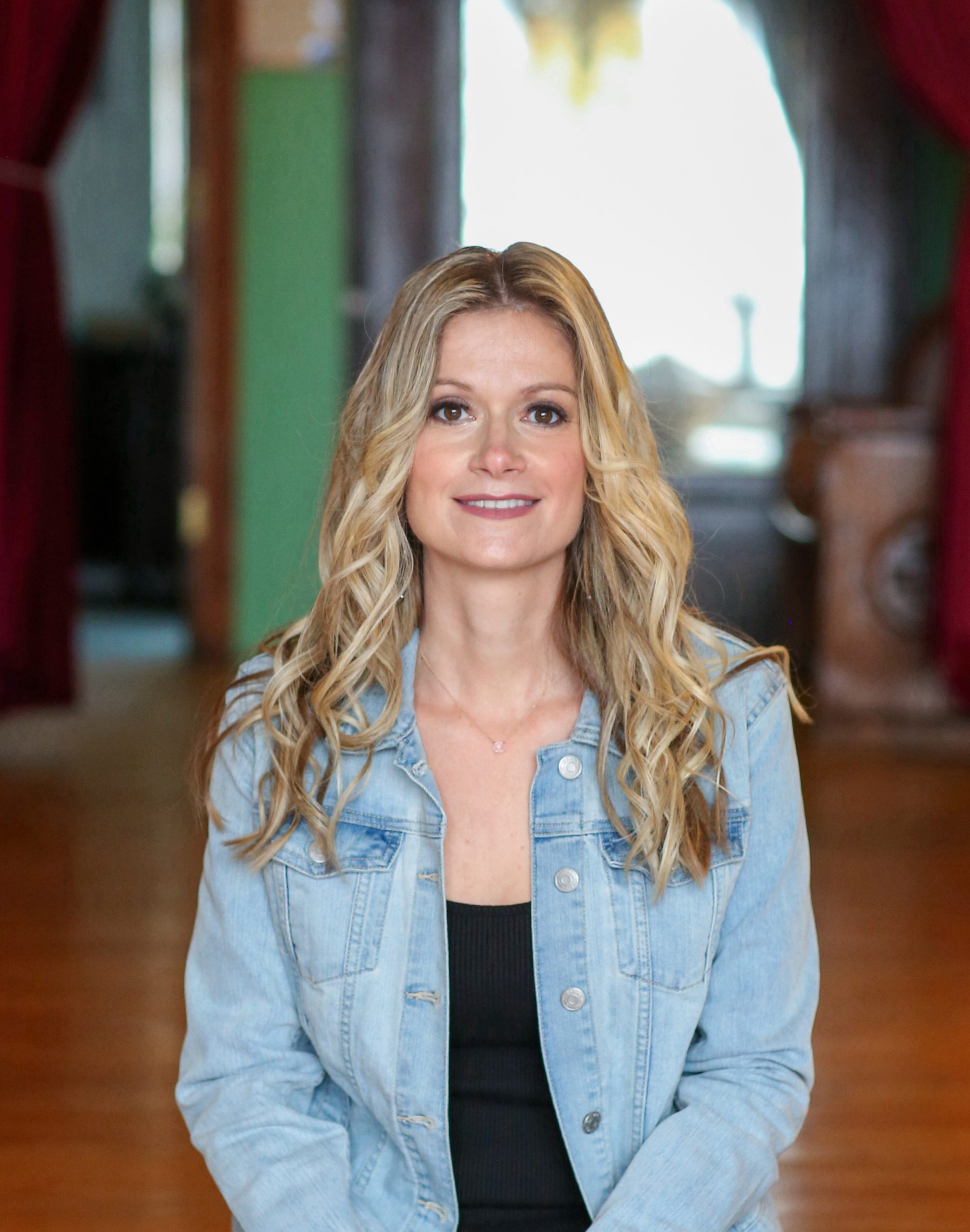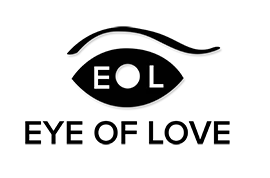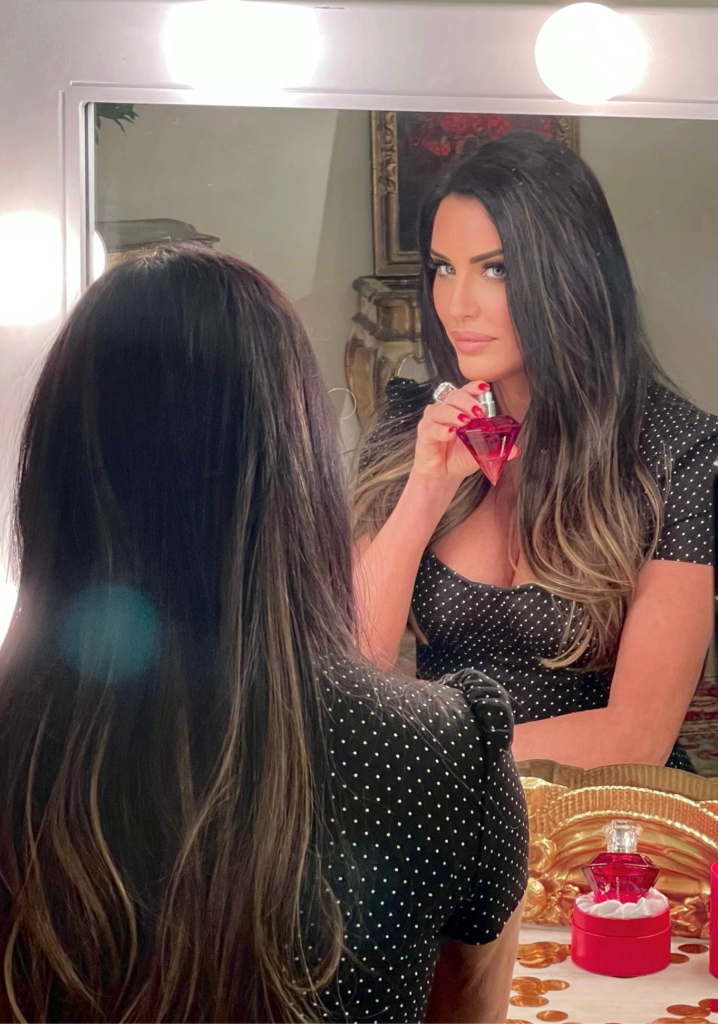When I wrote about the “21 Subtle Signs You’re Dating an Emotionally Unavailable Man,” I was overwhelmed with the responses. But they weren’t the responses I was expecting.
My inbox wasn’t flooded with ex-partners telling me how validated they feel, questions about whether or not a partner is emotionally distant, nor suggestions on signs that I missed.
Rather, the responses were predominantly men who realized that they were ‘emotionally unavailable’ once they read the article. The list resonated with them personally. They felt seen.
And, well. They didn’t like what they saw.
They told me they didn’t want to feel that way. It was apparent that many wanted to change, but they didn’t know how to fix themselves. They didn’t want to be stuck in the dating world, forever exchanging one shallow relationship for another. They saw their future as lonely and gloomy—and they didn’t want that. Many of them did in fact yearn for a strong connection with a partner, but just didn’t know where to start.
The good news? Wanting to change is a necessary first step. Changes like this only happen if it’s a real desire. Of course, it won’t happen overnight, but building this ability for intimacy is crucial to having a rewarding relationship.
And I promise you, it will change your life.
So without further ado, here are seven tips to making yourself more available to your partner:
- Identify your distancing strategies. First things first: know yourself. Your distancing strategies are ways you create emotional or physical distance between you and your partner, which suppress intimacy. It’s likely you do this so often, that it’s become natural. You might not even be aware of what you’re doing when you create sudden uncertainty, and pull back in a relationship. Some examples include: You focus on your partner’s imperfections, you keep future plans fuzzy, and you ignore or diminish your partner’s positive qualities or behaviors. (Check out the blog for more). Do anything of these sound familiar? It might be tough to look at yourself so critically, but remind yourself that despite your discomfort with intimacy, you need it for a fulfilling relationship. You need to for a happy future.
- Speak up for your need for space. Let’s make one thing clear: You will always have a need for space. The best relationships are made by two independent people. So the problem isn’t your need for space, rather it’s how you’re going about seeking this space. So, speak up. The earlier you do this the better, so they’ll be less likely to take it personally. Ideally, you’ll bring it up after the first handful of dates and you’re starting to get to know each other. Some ideas include: “If we spend a whole day together, I might not text you as much the next day or two,” or “I don’t like to text daily when I first start dating someone.” Be kind, but honest.
- Do an activity when you bring up important topics with big feelings. You’re not crazy. It’s been shown that it’s far easier for you to let your guard down if there’s a bit of distraction—and you’re both engaging in an activity together. Getting into deep conversations can seem overwhelming when you’re just sitting on the couch looking at each other. So bring up important subjects while you’re cooking dinner together, going for a walk, or cleaning the house. When you’re not hyper-focused on an intimate moment, but rather on the activity, it can help you access your loving feelings instead of repressing them.
- Envision secure people and how they behave in their relationships. You know who I’m talking about. Secure people are warm and loving, comfortable with closeness, communicate issues well, and work toward common ground during conflict. Pick 2-3 people (they can be fictitious or real) and write down how they would act and react in various situations. Consider how they interact with their partner. How do they respond to them? What are their overarching beliefs about relationships? Then, channel what you’re imagining. Strive to engage with others the ways that emotionally-secure people do. Don’t overwhelm yourself and try everything at once; pick one behavior to try every week or so, and slowly incorporate them into your daily life.
- Tell people what they mean to you. This will be easier if you start with a non-romantic partner. At the end of a phone call with a friend, just say something simple, such as, “Hey, I really appreciate you listening to me today. You’re a good listener and I always feel like you understand where I’m coming from. It means a lot.” When I give this task to my clients, their reaction is always amazement. They’re often surprised at how much the kind words meant to their friend, and how often the sentiment was reciprocated. So little by little, you will see the positive results of this practice. It will pay off dividends as you strive to become more emotionally accessible to your romantic partner.
- Challenge your negative interpretations of your partner’s behavior. If you struggle with intimacy, you might ignore positive behaviors, or at least diminish their value. This viewpoint, whether internally felt or externally spoken, can overwhelm your relationship with negativity. Once you begin to stay on this loop of negativity, the relationship won’t be fun for either of you. So, start by giving your partner the benefit of the doubt. What if their intentions were positive? What if they were just trying to do the right thing?
- Challenge your catastrophizing beliefs. Let’s say your new girlfriend invites you on a romantic weekend getaway—and your brain can only think that this means you’re one step closer to marriage and a life in the suburbs. Or maybe she invites you to hang out with her nieces and nephews, and you assume you’re practicing for parenthood. Pump the breaks. It only means she wants to spend quality time with you for a couple of days, and it definitely doesn’t mean she sees you in her future forever. Bring yourself to focus on the moment at hand, and try to avoid applying meaning that doesn’t exist.
It is possible to become more emotionally available. But it will take effort and intention. Over time, these little changes applied consistently will give you the kind of relationship that deep down, you’ve always wanted.



